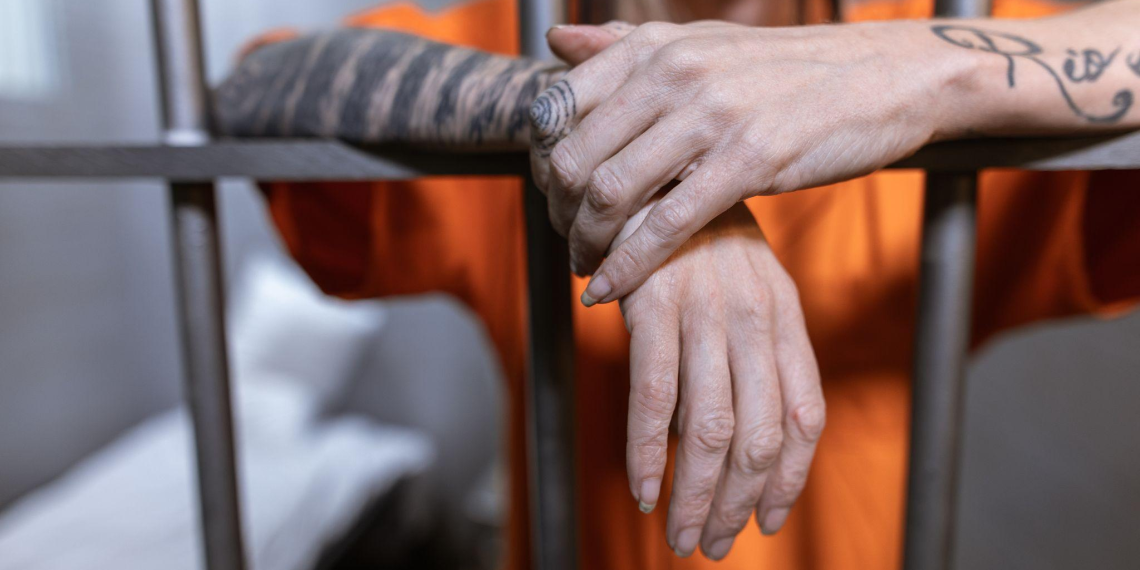Probation violations can lead to jail or prison time, but they do not result in additional criminal charges of any kind. The term “probation” refers to a sentence imposed as a result of a previous conviction. Accordingly, you will not face further prosecution unless you commit a new offense while on probation.
What Are Violations of Probation?
Violations of probation refer to when an individual who is on probation (a period of supervised release following a conviction) fails to comply with the conditions of their probation. Common warrants for probation violation include:
- Failure to report to a probation officer as required
- Failure to pay fines or restitution
- Failure to attend court-ordered programs, such as substance abuse treatment or anger management classes
- Failure to maintain employment or attend school
- Failure to obey laws and avoid criminal activity
- Leaving the jurisdiction without permission
- Possession of illegal drugs or firearms
- Failure to comply with electronic monitoring or other conditions of the probation
It’s important to note that some violations may be minor, while others may be more serious and could result in the revocation of probation and incarceration.
What Happens in 1st Offense Violation?
If an individual on probation is found to have violated the terms of their probation for the first time, the consequences will depend on the specific circumstances of the case and the discretion of the judge. In general, judges tend to be more lenient with first-time offenders and may choose to impose additional penalties such as fines, community service, or short-term incarceration.
In some cases, the judge may choose to issue a warning or modify the conditions of probation instead of revoking it. For example, the judge may require the individual to attend additional counseling or treatment or to submit to electronic monitoring.
Probation violation lawyers can help individuals facing a first-time probation violation by representing them in court and advocating for leniency. These violations can have serious repercussions on an individual’s life, including jail time, fines, and other penalties. They can also help individuals understand their rights and the possible consequences of a probation violation, as well as prepare a defense and present mitigating evidence to the judge.
They will provide advice on how to avoid future probation violations and help individuals navigate the complex legal system. With their expertise and knowledge in this field, probation violation lawyers can help make sure that an individual’s rights are protected throughout the entire process.
It’s important to note that the individual has a right to be represented by an attorney in a probation violation hearing. If the individual cannot afford an attorney, the court will appoint one for them.
Probation Violation Misdemeanor
A probation violation misdemeanor refers to a situation in which an individual who is on probation for a misdemeanor offense (a less serious crime) fails to comply with the conditions of their probation.
If an individual on probation for a misdemeanor offense is found to have violated their probation, the consequences will depend on the specific circumstances of the case and the discretion of the judge. The judge may choose to issue a warning or impose additional penalties such as fines, community service, or short-term incarceration.
Meanwhile, second-degree misdemeanor convictions include the potential for jail time, fines, and other penalties. Even though they are less serious than first-degree crimes, the penalties for second-degree misdemeanors are nevertheless substantial.
Penalty For Probation Violation
If you are accused of breaking the terms of your probation, you will have to go to a new hearing where the judge will rule on whether or not you actually broke the rules. These are some possible punishments the judge could hand down:
- Your probation will remain the same.
- Probation should be altered and more stringent conditions imposed.
- Probation may be extended for up to five years.
- It’s time to put an end to the probationary period.
- Determine you to be in contempt and sentence you to up to 30 days in jail
- Arrest you and send you to jail or prison
How Probation Violation Lawyers Work?
Probation violation lawyers work by representing individuals who have been accused of violating the terms of their probation. They help their clients understand their rights and the possible consequences of a probation violation, as well as how to prepare a defense and present mitigating evidence to the judge.
Here are some steps for how probation violation lawyers work:
● Consultation:
The lawyer will meet with the client to discuss the details of the case and to determine the best course of action.
● Investigation:
The lawyer will investigate to gather evidence and information that can be used to defend the client.
● Preparation:
The lawyer for probation violation will prepare a defense, which may include challenging the evidence against the client, arguing that the violation was not intentional, or presenting mitigating evidence such as the client’s compliance with other conditions of probation.
● Representation:
The lawyer will represent the client in court and advocate for leniency or a favorable outcome.
● Negotiation:
Depending on the circumstances of the case, the lawyer may try to negotiate a plea bargain with the prosecution or the judge, which can result in reduced charges or penalties.
It’s important to note that the individual has a right to be represented by an attorney in a probation violation hearing. If the individual cannot afford an attorney, the court will appoint one for them.
CONCLUSION
A probation violation is a serious offense that can have serious consequences for the offender. If you have been accused of violating your probation, it is important to contact an experienced probation violation lawyer as soon as possible.
A qualified probation violation lawyer can help you understand the potential consequences of a probation violation and provide you with guidance on how to protect your rights and interests.







